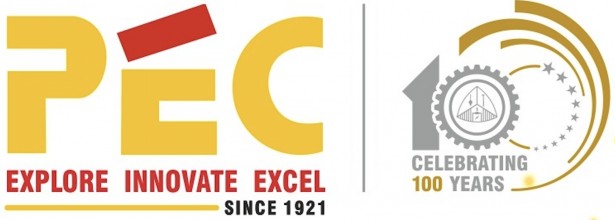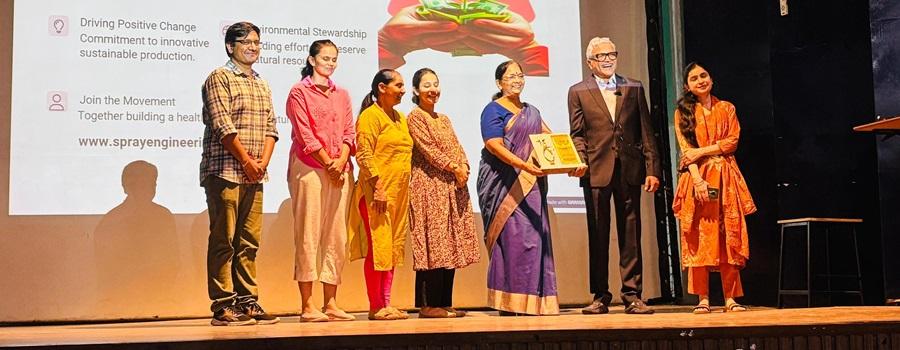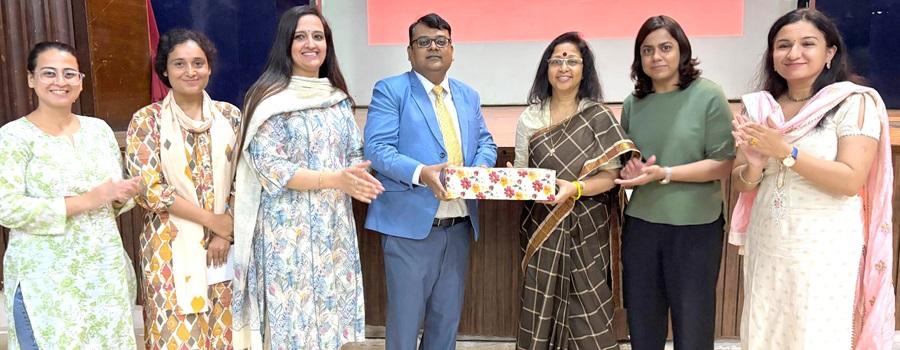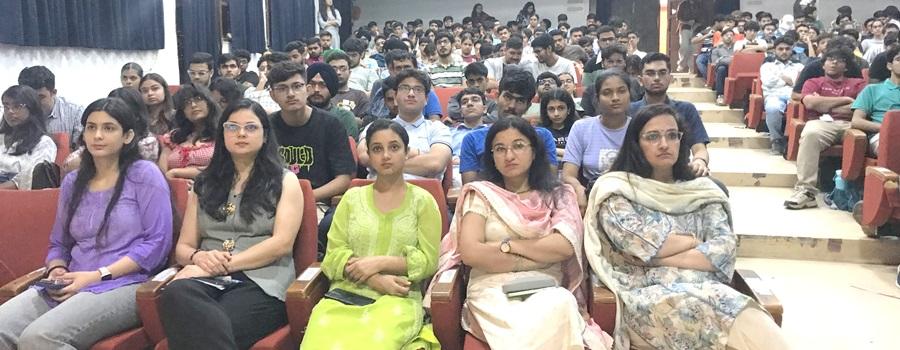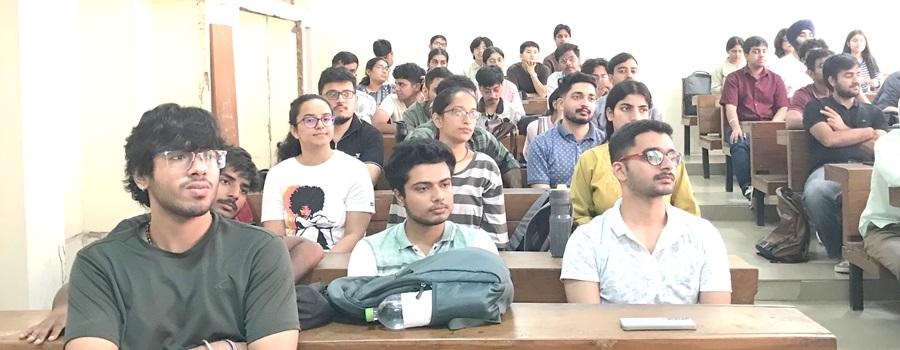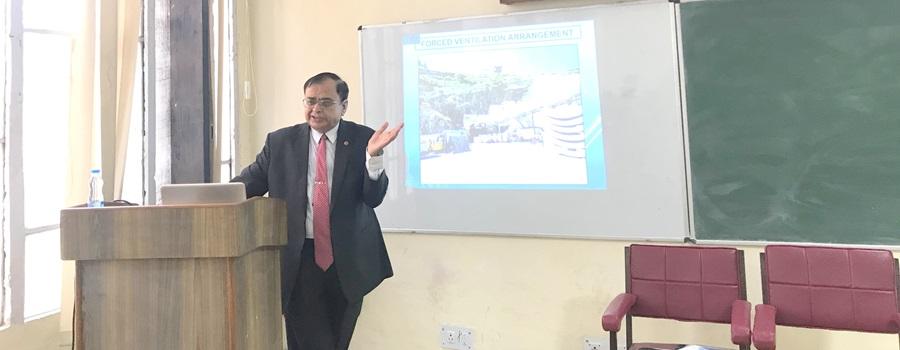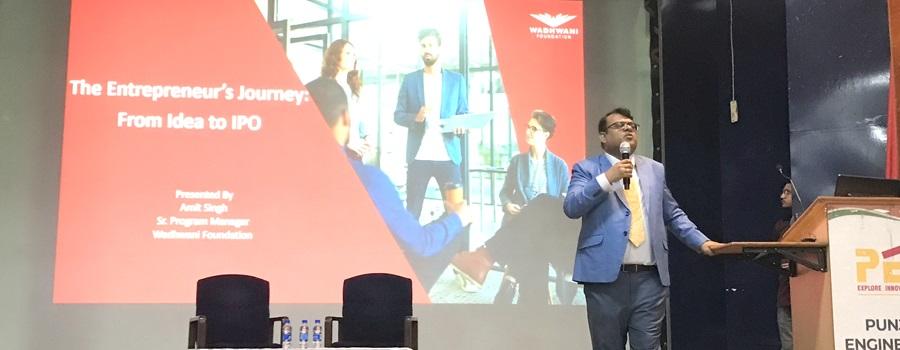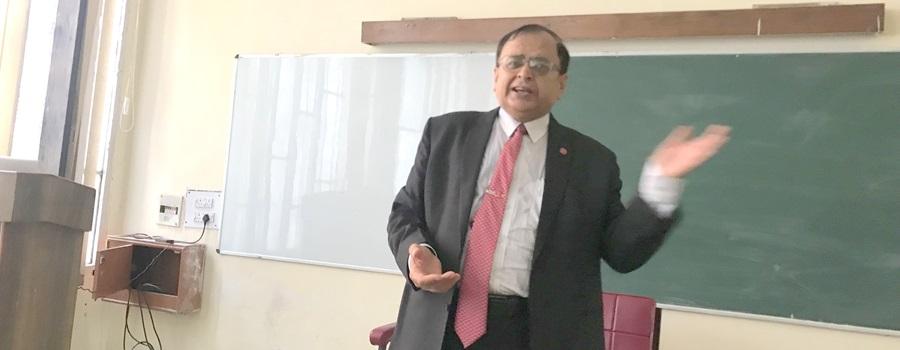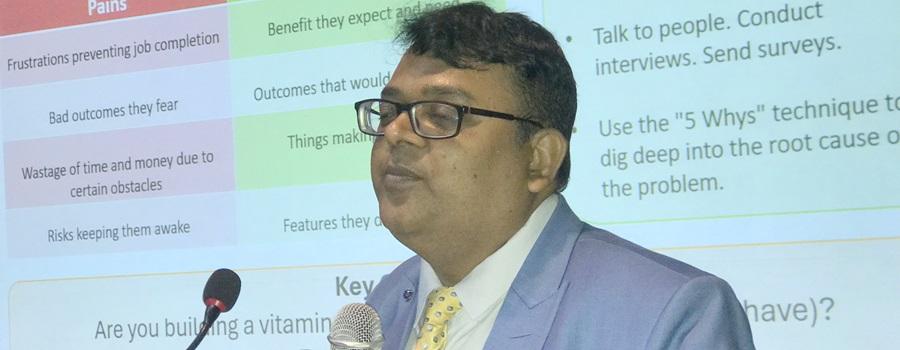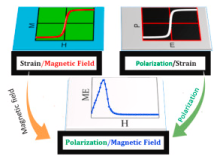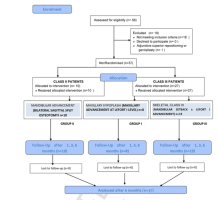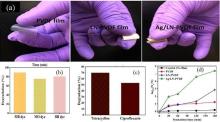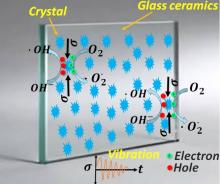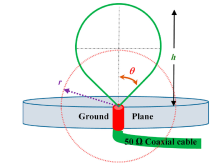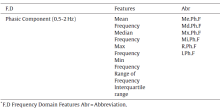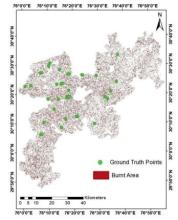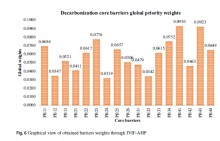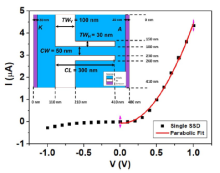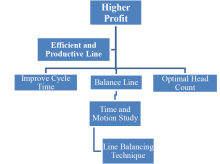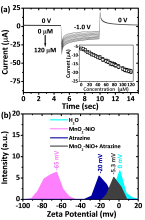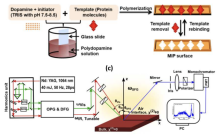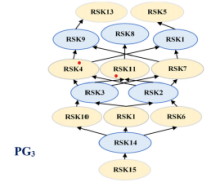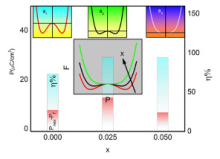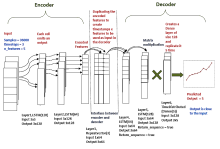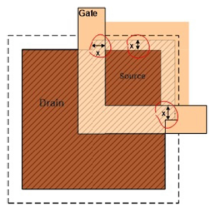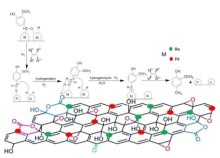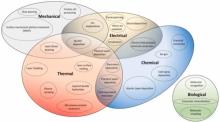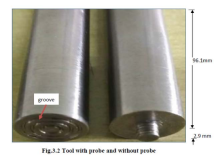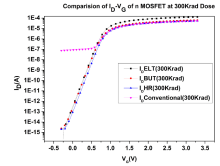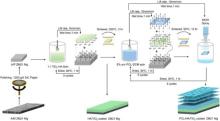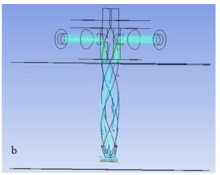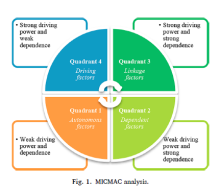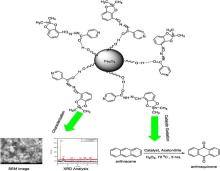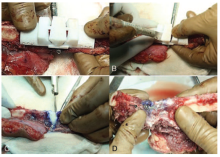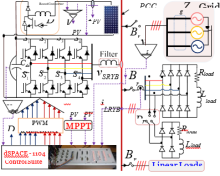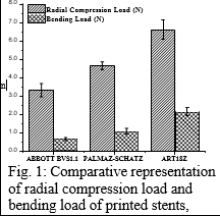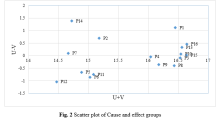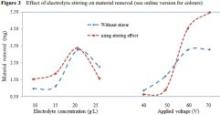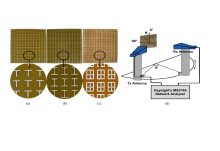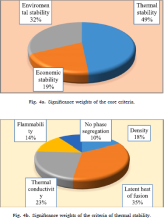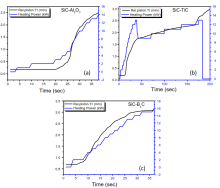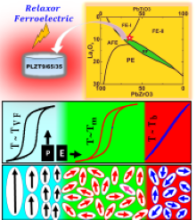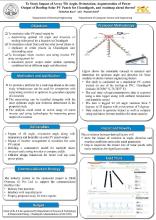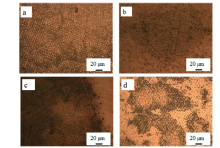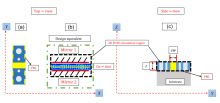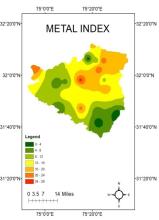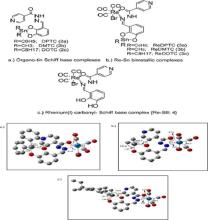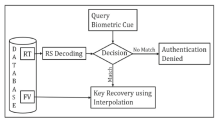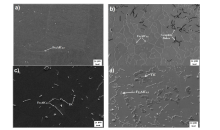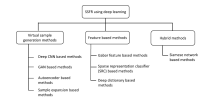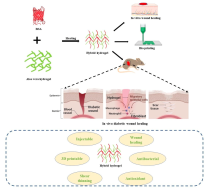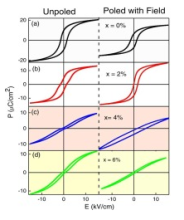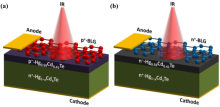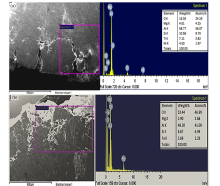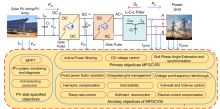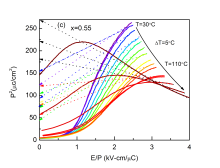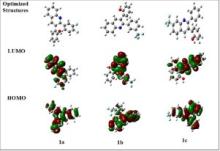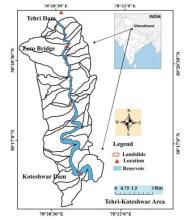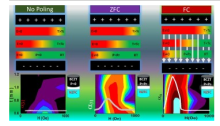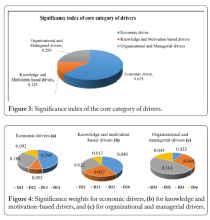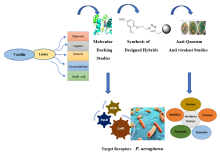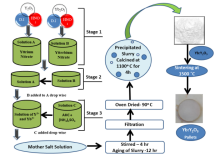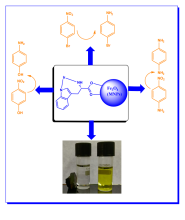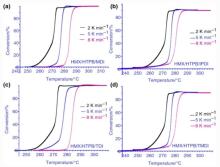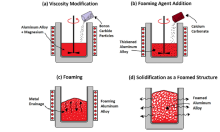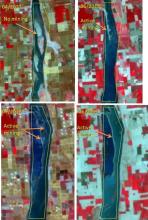On the third day of the Industry-Academia Expert Lecture Week at Punjab Engineering College (Deemed to be University), Chandigarh, students and faculty witnessed three insightful sessions that brought together perspectives from entrepreneurship, sustainable technology, and civil engineering.
The first session featured Mr. Amit Singh, Senior Programme Manager, Wadhwani Foundation, who delivered a thought-provoking lecture on “Entrepreneurship.” He highlighted the fundamental principle that “every entrepreneurial journey begins with identifying a problem.” Stressing the significance of innovation in today’s era, he explained how Artificial Intelligence can act as a powerful support tool for entrepreneurs in analyzing markets, designing solutions, and scaling businesses. He elaborated on crucial aspects such as the nature of markets—buyers, sellers, and customer demographics, identifying the Serviceable Obtainable Market (SOM), and studying competitors to carve out a niche. The session concluded with an interactive Q&A round, where students engaged with real-world queries about entrepreneurship pathways.
In the second session, the Department of Chemistry organized an expert lecture on “Sustainable Technology: An Integrated Circular Approach” delivered by Mr. Suyog Jain, a distinguished professional in the chemical and pharmaceutical technology sector. He highlighted the landmark Potassium Clavulanate bulk fermentation project in Himachal Pradesh—the first of its scale outside China. Established on a 60-acre site with an investment of ₹550 crores, the facility already meets 20% of India’s demand for this crucial pharmaceutical input, with potential to achieve 40% at full capacity. Mr. Jain also shared details of an upcoming ₹1500-crore project designed as a fully integrated, circular, and energy-efficient process with minimal carbon footprint. The facility will adopt world-class green technologies, including 2G ethanol production from byproducts and biowaste, in collaboration with Lanzatech USA. Addressing the students, he emphasized that while India is recognized as the “pharmacy of the world,” self-reliance in Key Starting Materials (KSMs) remains the missing link. He urged young engineers and scientists to embrace sustainable, resource-efficient, and pollution-free technologies to strengthen India’s leadership in the global pharmaceutical and chemical industries.
The final session of the day was hosted by the Department of Civil Engineering, where Er. Arun Kumar, Retd. Chief General Manager, NTPC, delivered a lecture on “Challenges in Tunnelling by TBM in Himalayan Geology – A Case Study.” Drawing from decades of hands-on experience, he explained the complexities of executing tunnelling projects in geologically sensitive Himalayan terrains. Key technical insights included casting of segments, lining in progress, setting processes, concreting through moulds, and cross-ventilation arrangements. His case study provided students with a rare opportunity to understand the practical challenges of large-scale infrastructure projects and the importance of precision in engineering design and execution.
All three sessions not only enriched students’ technical, entrepreneurial, and sustainable development knowledge, but also bridged the gap between academic learning and industry practices, reinforcing PEC’s commitment to holistic professional growth.





